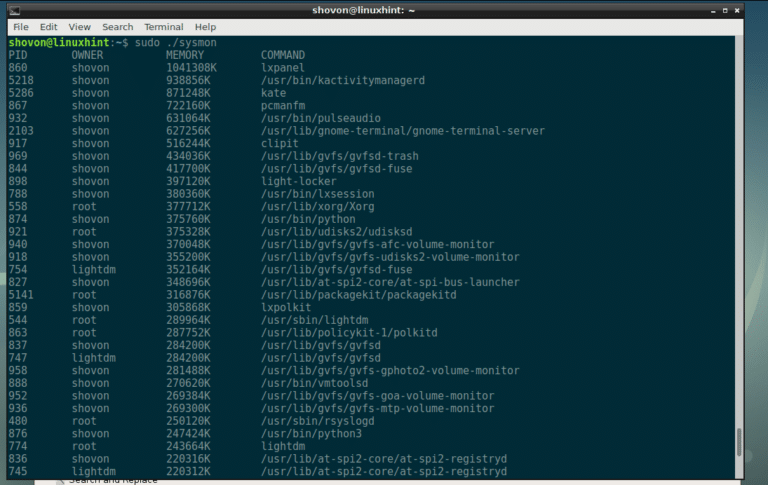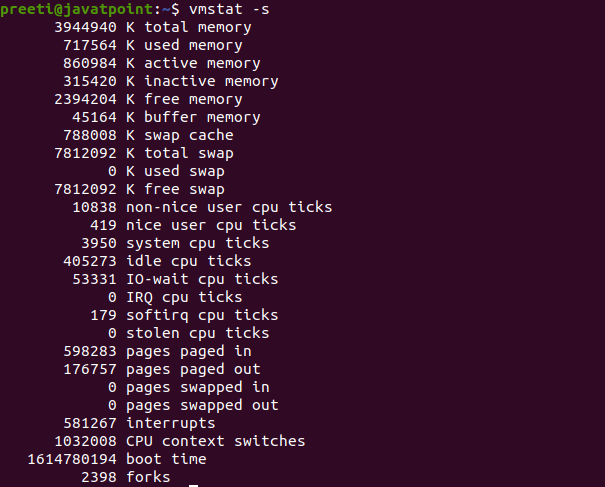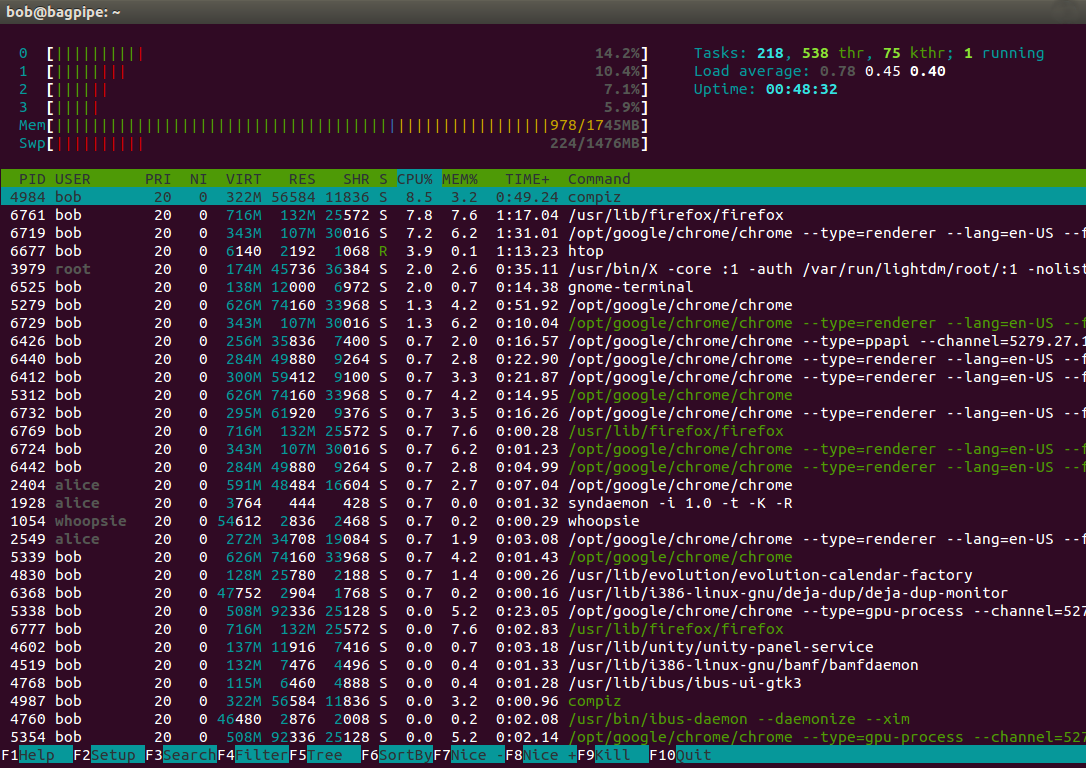

A Linux running system can be dynamicly viewed using the top and htop commands. Keeping an eye on kernel cache and buffer usage would be beneficial.

The amount of free and used memory on a Linux system is displayed in the free command. This file contains statistics about the use of Linux memory. With command-line tools, you can check the amount of memory allocated to Linux and the performance of your system. We will also look at how you can optimize your system’s performance by making sure that the services are running efficiently and that the memory is being used effectively. In this article, we will explore how to check for services using memory in Linux and discuss the various tools and techniques available to help you do this. By being able to identify which services are taking up the most memory on your system, you will be able to make sure that your system is running efficiently and that your memory is being used effectively. I'm on Mac OSX, so I don't have access to /proc/$(pgrep the-programs-name) as far as I know.When it comes to managing memory and services on a Linux system, it is important to be able to check for services using memory. I'm not sure if it's going up at the same rate, since its granularity is so low that's why I really want a byte count!)

(This number is also vastly different from either VSZ or RSS. This produces output like 15M the-programs-nameĪnd then I have to manually extract the first number and multiply it by 1MB so the above line represents 15'000'000 actual bytes at a ridiculously low granularity.

Os.system('top -pid $(pgrep the-programs-name) -stats mem,command -l 1 | grep the-programs-name') (Or maybe this discounts swap, so I should look at VSZ? But that's not right either.) Myself 8707 3.1 0.1 4399204 23500 s013 S+ 10:19AM 0:03.54 the-programs-name -fooĪnd then I have to manually extract the VSZ column and multiply that number by 1024 because it's actually a page count, not a byte count so the above line represents 4'504'784'896 actual bytes. This produces output like USER PID %CPU %MEM VSZ RSS TT STAT STARTED TIME COMMAND Os.system('ps u -p $(pgrep the-programs-name)') The exact meaning of the byte count doesn't matter, just as long as it goes up in the natural way with each malloc or sbrk or whatever. It needs to be something non-interactive so that I can get it from the Python script, and I would like it to report a count of bytes. Problem is, I don't know any good way to get the process's memory usage. Then I can do some arithmetic to find out roughly how much memory is used by each piece of data added. I'm trying to measure the increase in memory footprint of a program as I add data to it, so I've written a Python script that does basically start_the_program()


 0 kommentar(er)
0 kommentar(er)
